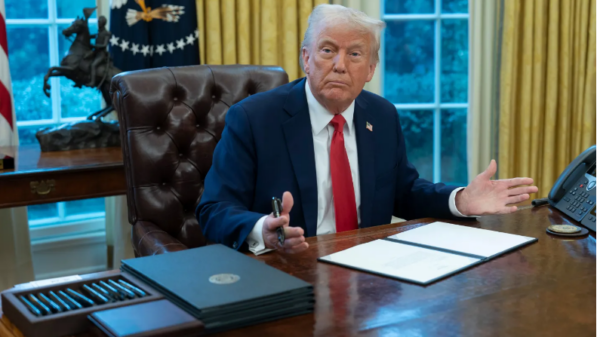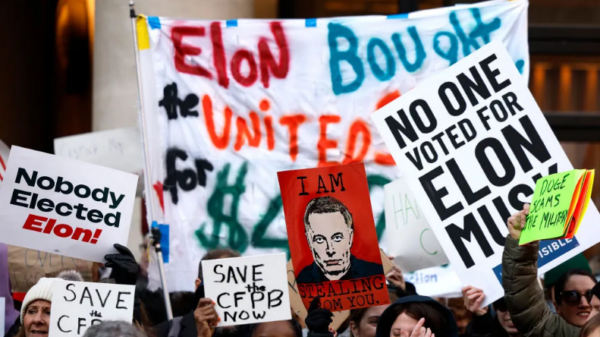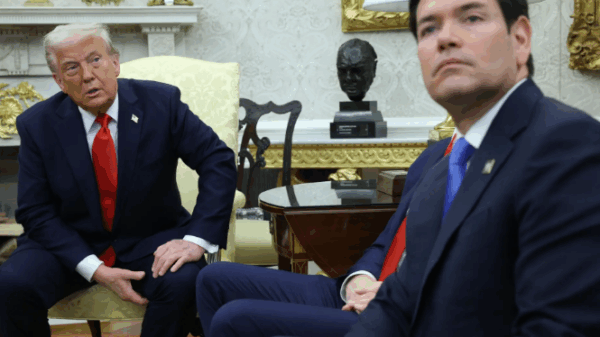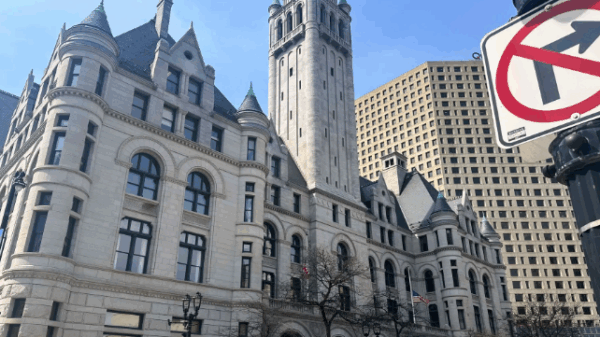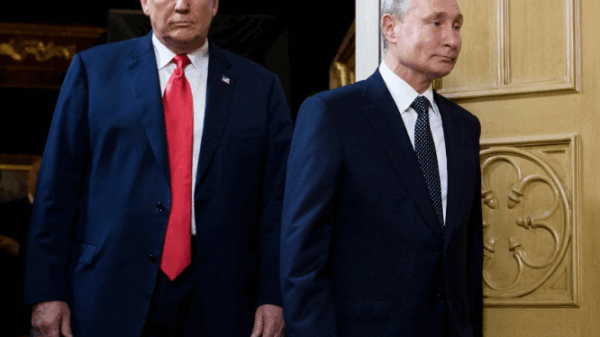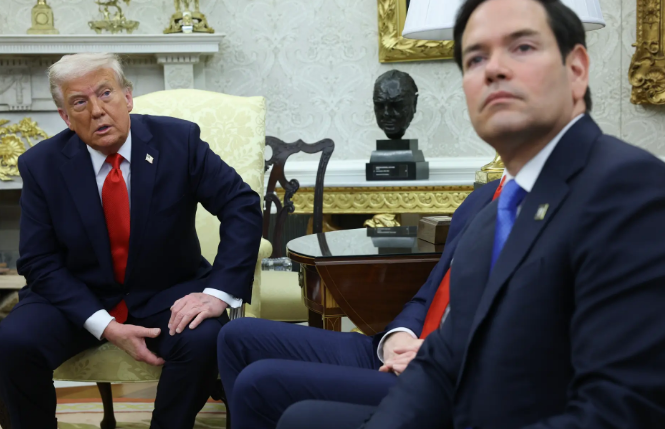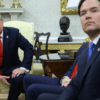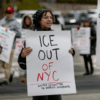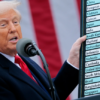As Canadians head to the polls in a pivotal federal election, U.S. Secretary of State Marco Rubio sought to clarify recent controversial remarks by President Donald Trump regarding the possibility of annexing Canada.
Appearing on NBC’s Meet the Press on Sunday, April 27, Rubio was pressed by host Kristen Welker on whether the U.S. State Department had taken any steps toward Trump’s repeated suggestions that Canada should become America’s 51st state. Rubio explained that Trump’s comments stemmed from trade frustrations, not genuine policy.
“The President said he was told by the previous Prime Minister [Justin Trudeau] that Canada could not survive without unfair trade practices with the United States,” Rubio said. “At that point, he responded, ‘Well, if you can’t survive without treating us unfairly, you should become a state.’”
Trump’s idea has surfaced repeatedly in interviews and on social media, especially during tense negotiations over tariffs. Canada responded to U.S. tariffs with countermeasures, including a 25% levy on American imports. Amid these trade battles, Trump publicly remarked that Canada would avoid such economic disputes altogether if it joined the U.S. as a state.
During an Oval Office exchange with reporters, Trump reiterated his position: “If people wanted to play the game right, it would be 100% certain that [Canada] would become a state.”
Mark Carney, Canada’s current Prime Minister and leader of the Liberal Party, firmly rejected Trump’s annexation comments. Speaking at a campaign event, Carney recounted a March phone call in which Trump floated the idea again. “To be clear, it will never happen,” Carney said.
Meanwhile, former Prime Minister Trudeau, who resigned as Liberal leader in January, had earlier warned that Trump’s statements should be taken seriously, citing concerns that the U.S. might seek easier access to Canada’s critical mineral resources.
The timing of Rubio’s remarks comes as Canadians vote in a highly charged election, where Trump’s comments have fueled a surge of nationalist sentiment. The Liberal Party has tapped into this mood, positioning themselves as defenders of Canadian sovereignty against perceived U.S. overreach.
“The next leader will decide how Canada manages its critical relationship with the U.S.,” Rubio said, signaling that Washington anticipates new leadership to reset negotiations over trade and other shared interests.
With tensions simmering, the outcome of Canada’s election could reshape one of America’s most important international partnerships.


